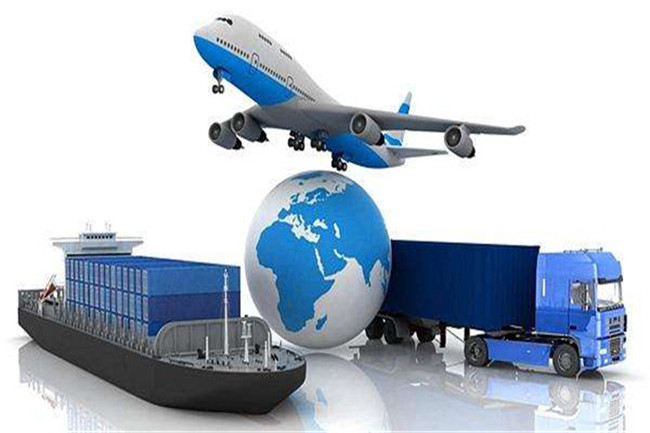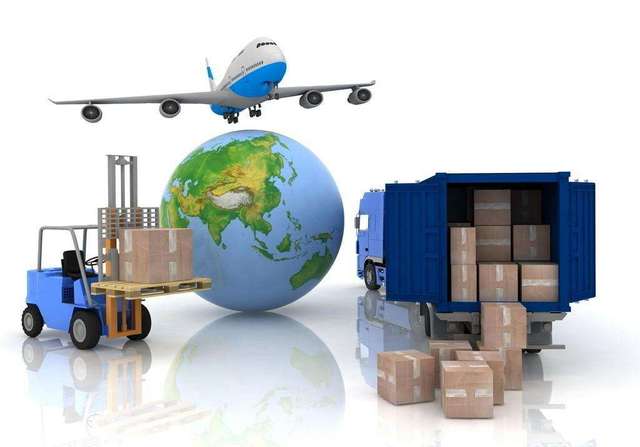A Place for Entrepreneurs to Share and Discover New Stories.
How Do International Freight Services Handle Customs Clearance?
International freight services play a vital role in managing customs clearance processes for businesses engaged in global trade
Introduction:
Customs clearance is a critical aspect of international shipping, ensuring that goods comply with import and export regulations before entering or leaving a country. International freight services play a pivotal role in facilitating smooth customs clearance processes for businesses engaged in global trade. In this article, we will explore how international freight services handle customs clearance, the challenges they face, and the benefits they provide to businesses.
Understanding Customs Clearance:
Customs clearance involves the submission of documentation and payment of duties and taxes to customs authorities, allowing goods to pass through borders legally. It encompasses processes such as document verification, tariff classification, valuation, and inspection to ensure compliance with import and export regulations.
Role of International Freight Services:
International freight services, including international freight forwarders and companies, act as intermediaries between shippers and customs authorities, managing the customs clearance process on behalf of their clients. They leverage their expertise, resources, and relationships to expedite customs clearance and minimize delays and disruptions.

Key Steps in Customs Clearance Process:
1. Document Preparation:
International freight services assist shippers in preparing and submitting the necessary documentation for customs clearance, including commercial invoices, packing lists, certificates of origin, and shipping manifests.
2. Tariff Classification:
They help classify goods according to the Harmonized System (HS) code, which determines applicable tariffs, taxes, and regulatory requirements. Correct classification is crucial for accurate customs valuation and compliance.
3. Duty and Tax Calculation:
International freight services calculate applicable duties, taxes, and fees based on the declared value of goods, their classification, and other relevant factors. They ensure compliance with customs regulations and facilitate payment on behalf of their clients.
4. Customs Documentation Submission:
They electronically submit customs documentation to the relevant authorities, such as customs brokers or agencies, to initiate the clearance process. Timely and accurate submission is essential to avoid delays and penalties.
5. Facilitating Inspections:
In cases where customs authorities require physical inspections of goods, international freight services coordinate inspections and provide necessary support to expedite the process. They ensure that goods are properly prepared and accessible for inspection.
6. Resolving Issues:
If discrepancies or issues arise during customs clearance, international freight services work closely with customs authorities and their clients to resolve them promptly. They provide expertise and guidance to address any compliance issues or documentation errors.

Challenges Faced by International Freight Services:
1. Regulatory Complexity:
Customs regulations vary by country and are subject to frequent changes, posing challenges for international freight services to stay updated and ensure compliance.
2. Documentation Errors:
Incorrect or incomplete documentation can lead to customs delays, fines, and other penalties. International freight services must meticulously review and verify documents to minimize errors.
3. Delays and Disruptions:
Customs clearance delays due to inspections, documentation issues, or regulatory changes can impact supply chain efficiency and customer satisfaction. International freight services employ proactive measures to mitigate delays and disruptions.
Benefits to Businesses:
1. Expertise and Guidance:
International freight services provide expertise and guidance on customs regulations, documentation requirements, and compliance issues, helping businesses navigate complex international trade environments.
2. Time and Cost Savings:
By outsourcing customs clearance to experienced professionals, businesses save time and resources that would otherwise be spent on managing customs processes internally. International freight services streamline clearance procedures and expedite shipments, reducing overall logistics costs.
3. Risk Mitigation:
International freight services help businesses mitigate risks associated with customs compliance, such as penalties, fines, and shipment delays. Their knowledge of customs regulations and procedures minimizes the likelihood of non-compliance issues.
In conclusion, international freight services play a vital role in managing customs clearance processes for businesses engaged in global trade. By leveraging their expertise, resources, and relationships, they facilitate smooth and efficient customs clearance, ensuring compliance with import and export regulations. Businesses can benefit from partnering with international freight services to streamline their supply chains, reduce costs, and mitigate customs-related risks in today's dynamic international trade landscape.
